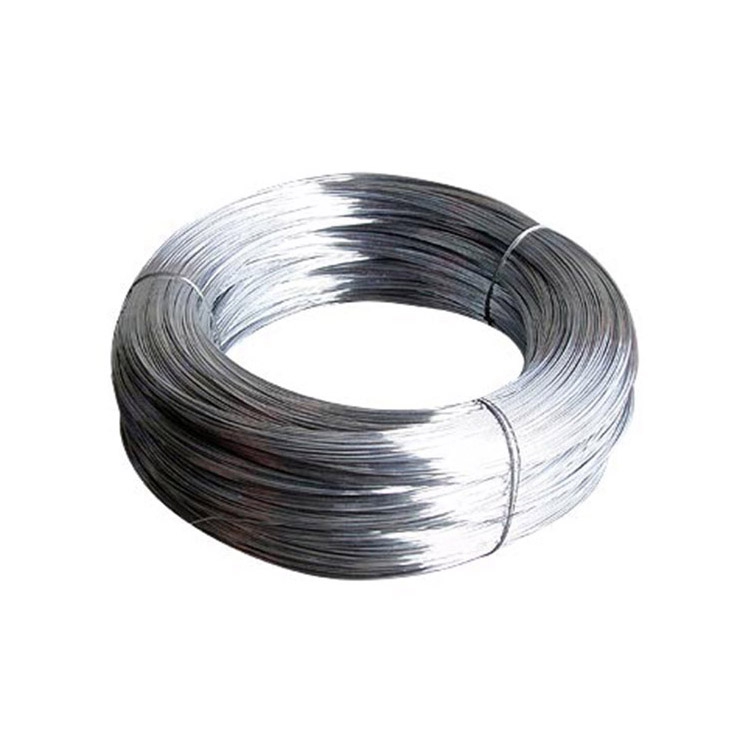Understanding the Expenses Involved in Purchasing Razor Wire for Security Solutions
Understanding the Cost of Razor Wire A Comprehensive Overview
Razor wire, a type of barbed wire with sharp edges, is widely recognized for its effectiveness in enhancing security. It deters trespassers while serving as a formidable barrier for both residential and commercial properties. However, when it comes to its installation and maintenance, understanding the cost associated with razor wire is essential for property owners and managers alike.
Factors Affecting the Cost of Razor Wire
1. Material Quality The material used in the production of razor wire significantly influences its cost. High-quality galvanized steel is often preferred for its durability and rust-resistant properties. Lower-quality options may be more affordable initially but could lead to higher maintenance costs in the long run due to corrosion and damage.
2. Type of Razor Wire There are various types of razor wire available, including concertina wire and straight wire. Concertina wire, which is coiled and forms circular barriers, is generally more expensive due to its design and ease of installation. Straight wire, on the other hand, may be less costly but might not offer the same level of security.
3. Height and Length The price of razor wire can also vary based on its height and length. Generally, taller and longer lengths will incur higher costs. Property owners should assess their specific security needs to determine how much wire is necessary, balancing both effectiveness and budget constraints.
4. Installation Costs Labor costs are a significant component of the overall expense. Professional installation is recommended to ensure the razor wire is securely mounted, which requires specialized skills and tools. DIY installation may reduce labor costs, but it could compromise safety and effectiveness if not done correctly.
cost of razor wire

5. Maintenance and Upkeep While razor wire is a long-lasting security solution, it does require some maintenance. Regular inspections to check for rust or damage are essential. Property owners should factor maintenance costs into their budget to ensure the wire remains effective over time.
Cost Estimates
The cost of razor wire can range depending on the factors mentioned above. On average, the cost per roll of razor wire can be between $100 to $300, with pricier options depending on material quality and design features. Installation costs can vary significantly, often amounting to $1 to $3 per linear foot. Thus, a typical installation of 100 feet of razor wire might range from $200 to $600 or more, considering both the material and labor costs.
Regulatory Compliance
When planning to install razor wire, it's crucial to check local regulations. In some areas, there are specific laws governing the use of barbed or razor wire, particularly in residential zones. Failing to comply with these regulations could lead to legal issues and additional costs, such as fines or the need for removal.
Conclusion
In summary, the cost of razor wire involves multiple considerations, from the choice of material to installation and maintenance. While it serves as a potent security measure, understanding the detailed breakdown of costs will empower property owners to make informed decisions tailored to their security needs and budget. Investing in high-quality materials and professional installation can ultimately enhance the effectiveness of razor wire as a security solution, ensuring peace of mind for property owners.
-
The Ultimate Guide to Premium Quality Field Fence Solutions
NewsAug.12,2025
-
The Essential Guide to Premium Square Wire Mesh Solutions
NewsAug.12,2025
-
The Essential Guide to Hexagonal Wire Netting Farm Fencing
NewsAug.12,2025
-
Premium Continuous Deck Rail Slab Bolster Solutions
NewsAug.12,2025
-
High-Performance Aluminum Tie Wire Reel for Construction Applications
NewsAug.12,2025
-
Crafted Premium Galvanized Hexagonal Gabion Wire Mesh Solutions
NewsAug.12,2025














